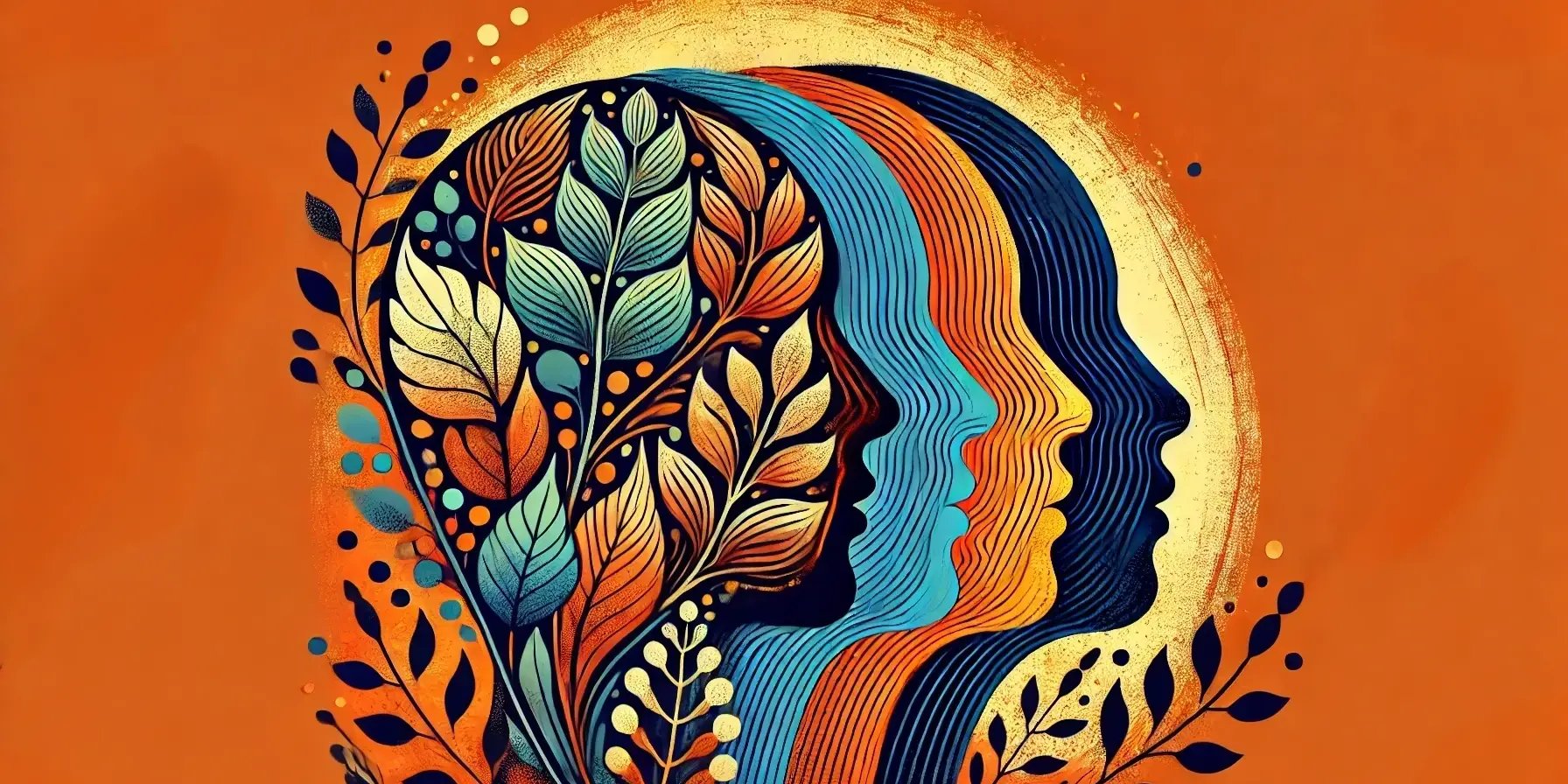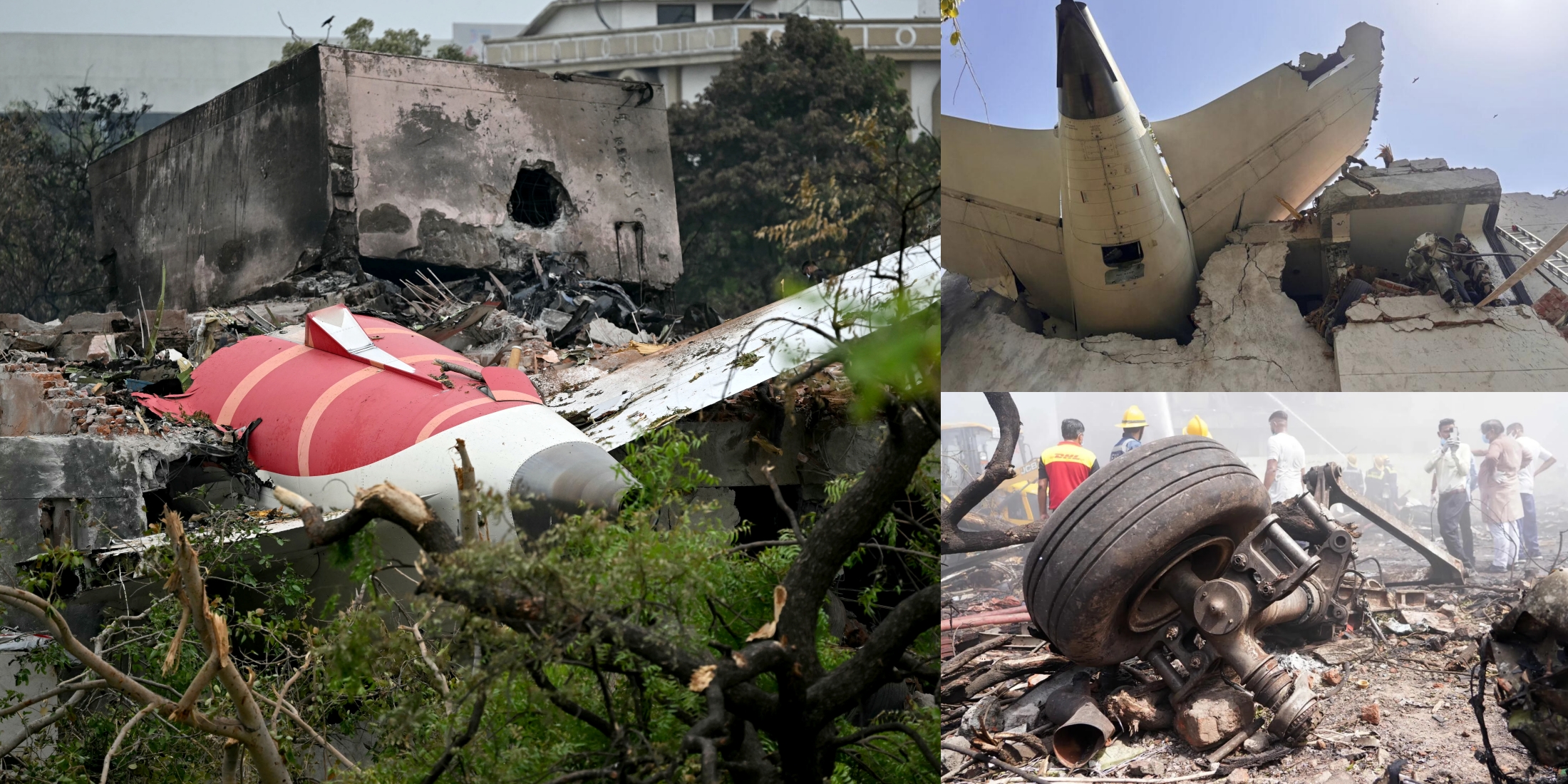Suicide has become one of the major mental health problems in our society. It is not merely a matter of ending an individual’s life, but a silent epidemic that affects families, society, and humanity as a whole.
When reviewing global health statistics, the prevalence of suicidal tendencies is highly concerning, even though it is classified as a ‘preventable’ condition. The World Health Organization (WHO) identifies suicide as the third leading cause of death (globally) among 15- to 29-year-olds, with over 720,000 committing suicide every year. The crisis is particularly severe in lower and middle-income regions like Bangladesh, where mental health and suicidal issues are not prioritized as public health concerns.
According to the data from the Bangladesh Bureau of Statistics (BBS), around 10,000 to 14,000 people commit suicide every year. However, experts claim that about 20% of suicidal cases go unreported, meaning the actual figures are significantly higher. Alarmingly, suicide is the second highest cause of death after road accidents in Bangladesh. The disturbing reality is that the rate is increasing almost every year.
In every 40 seconds, one person chooses to take their own life. By the time you finish reading this article, perhaps 10 people will have committed suicide and 40 others will have made attempts.
Suicidal tendencies mostly affect young people, particularly adolescents and university students. A report by the Aachol Foundation stated that at least 310 students took their lives in 2024 alone, where depression was a key driver.
Mental health conditions are universally recognized as the key reasons for suicide. According to WHO data, globally around 280 million patients suffer from depression, 75% of whom are not getting proper treatment. What’s even more terrifying is that for every suicide, there are around 20 attempts.
A similar study by the National Institute of Mental Health (NIMH) shows that 17% of adults in Bangladesh suffer from mild to severe mental health issues and approximately 90% of the individuals who commit suicide, suffer from mental conditions; Depression and anxiety are the most common.
The Crisis of Negligence in Mental Health
Despite being a critical determinant of well-being, mental health is not considered a public health priority in many countries, including Bangladesh. WHO stated that only 38 countries have a national suicide prevention strategy. Bangladesh further lacks a structured suicide prevention framework. Our country reportedly has only 50 clinical psychologists and 200 psychiatrists for a population of over 160 million, far below WHO’s recommended minimum of 10 mental health professionals per 100,000 people. Another problem is that mental health services are severely underfunded, getting less than 1% of our total budget.
Multiple studies show that the death rate from suicide is four to six times higher than the number of people who died from COVID-19 in the past year. All the preventive measures we have taken are only focused on physical diseases. On the flip side, our society still has a trend of indifference or ignorance towards mental health. Not considering mental health a priority has, and will keep on pushing millions of people at risk.
In many societies, openly discussing suicide or mental health issues is prohibited. WHO terms this situation as ‘social stigma’ or ‘taboo’. Studies show that 45% of suicide-prone individuals contact a healthcare expert a month ahead of their death, but do not disclose their suicidal thoughts due to the fear of social isolation and bullying. Simultaneously, their family members fail to provide the necessary support they need and don’t take it seriously either. Those who attempt to share their mental health struggles are often mocked as ‘being fake’ or ‘seeking attention.’
Real-Life Cases That Indicate the Severity of Societal Neglect
A girl suffering from clinical depression was advised by her doctors to rest for recovery. She informed her university and explained the fragile condition of her mental health. Depressingly, the teacher openly ridiculed her illness by labeling it as ‘not real’ and said that today’s young generation took such matters too seriously. This humiliation deeply impacted the girl, leading her to take her own life. She attempted suicide that night by cutting her veins but fortunately, she survived by arriving at the hospital in time.
Depression is one of the primary contributors linked between suicide and mental health conditions. Depression contributes to developing suicidal ideation and behavior. The Aachol Foundation addressed it as one of the leading causes of suicide among young people aged 15 to 29. WHO estimates that one in four people suffer from depression at some point in their lives.
Symptoms of depression that indicate a person is at risk of suicide include losing interest in everyday activities, sleeping and eating disorders, getting angry easily, talking or thinking about suicide, and feeling worthless. If these symptoms last for more than two weeks, the person is regarded as a patient of Major Depressive Disorder.
Depression can, in turn, lead to suicide, and is driven by several factors:
- Academic Failure or Extreme Competition: In Bangladesh, Excessive academic pressure and stress are major causes of depression. Parental expectations and peer pressure have made exams a ‘do-or-die’ situation, gradually leading to mental deterioration.
- Financial Instability: Nowadays, individuals face constant stress in meeting high career expectations. Many underprivileged families in Bangladesh are dependent on a single breadwinner. However, with the rising unemployment rate, individuals struggle to manage their jobs. This financial crisis is a catalyst for intense frustration.
- Relationship Breakdowns: Toxic relationships and marital separation are the risk factors for developing self-harm behavior. Extramarital affairs, forced marriages, and marital rejection are causes of relationship crises. A Cambridge study in Bangladesh showed a correlation between such life events and suicide.
- Excessive Addiction to Cell Phones and Devices: Smartphones, computers, and social media platforms are transforming the nature of entertainment. Sports or sightseeing are increasingly preferred to an online presence. Studies show that excessive screen time negatively impacts mental health.
People suffering from suicidal thoughts are most often left isolated because of societal barriers. Research suggests that individuals who are experiencing emotional or financial distress are three to five times more likely to develop suicidal tendencies. Traditional beliefs and societal norms prevent people from seeking help.
Again, the public medical system lacks adequate mental health services and skilled, non-judgemental mental health professionals. They fail to address the root causes of pushing thousands of people to self-harm. In our country, doctors reportedly prescribe medicines without even considering harmful drug interactions.
A 17-year-old girl suffering from anxiety and memory issues was taken to a psychiatrist who prescribed 17 medications of 6 types, daily, without thoroughly examining her fragile mental conditions. After starting medication, she attempted suicide on the 12th day. The doctor increased her medication dosage immediately. Unfortunately, after two and a half months, the girl died by suicide.
Investigation revealed that four of the 17 medicines the doctor prescribed were not safe for teenagers; in fact, the medicines had a ‘suicidal warning’ on them: “escalates suicidal tendencies.” What is even more terrifying is that the psychologist was unaware of the dangerous reaction of the medicines. In the public eye, this unsafe drug overdose took the girl’s life.
A similar case in the United States occurred where a 16-year-old girl committed suicide due to uncontrolled dosage. Additionally, in Bangladesh, the number of mental health professionals is sadly inadequate. Most rural and village people hardly have access to these services. A study by NIMH shows that there are less than 250 psychiatrists and psychologists in our country, 100 of whom are Dhaka-based.
Along with the mental health sector’s negligence, from an interpersonal level, there is a cultural shift in the family structures in our country. With rising modernization, healthy parent-child relationships are becoming increasingly important. Studies suggest that the lack of parental support makes our youth mentally depressed, ultimately leading to loneliness, frustration, and, eventually, self-harm.
What to Do and Where to Learn From
In developing countries like Bangladesh, mental and emotional conditions act as a trigger for suicide. However, suicide is preventable, and with timely intervention, countless lives can be saved. Although suicide is directly connected to mental health illness, it is not considered an important part of public health.
It is, therefore, essential to prevent the root causes of self-harm and suicide. Multi-level intervention and prevention measures are urgent to address this.
WHO has implemented an evidence-based recommendation named ‘LIVE LIFE,’ which includes:
- Limiting access to the mediums of suicides, for example, pesticides, unsafe drugs, etc.
- Advocating through social media for a healthy lifestyle, focusing particularly on adolescents.
- Identifying suicide-prone individuals and cooperating with them to improve their socio-emotional life skills.
From a global perspective, countries like Nepal and Thailand adopted effective suicide prevention models at the institutional, family, and community levels.
Thailand’s ‘Whole-of-society approach,’ is an example of building a public-private network to prevent suicide. In collaboration with WHO, they developed a task force named ‘HOPE’ (Helper Of Psychiatric Emergency). It’s a 24-hour online monitoring system where suicide-prone individuals can seek counseling from psychologists. Social media influencers report the suspected cases to online counsel psychologists under hotline number 1323. Psychologists provide treatment if possible. However, in severe cases, they deliver it to the on-site suicidal rescuers (Police).
Similarly, the government of Nepal emphasized an ‘early identification’ and a ‘follow-up support’ system to prevent suicidal activities. Local NGOs and social media support this 24/7 online suicide prevention helpline. Along with that, Nepal has banned 26 harmful pesticides since 2019.
Bangladesh should introduce a national hotline number to provide psychological advice without charge. However, in our society, suicide is stigmatized from a religious perspective. Societal taboos and religious dogma are creating a barrier for individuals seeking help. For this, our families should encourage open discussion on mental health.
In educational institutions, there should be a compulsory psychologist, where suicide-prone persons can seek help without any fear of judgment. The Aachol Foundation stated that from the 364 students who committed suicide in 2024, 194 were school-going students.
Most of our schools have no sort of counseling system. There needs to be a collective effort of family, peer groups, and schools to lessen the burden of youth. Personal and professional mental health counseling can prevent any more suicidal cases from occurring.
Still, in Bangladesh, suicide attempts are considered a criminal offense under section 309 of the Penal Code. Individuals who attempt suicide can be punished by both imprisonment for one year and a fine.
We should face the fact that suicide is not a criminal issue but a health problem. It is the result of a systematic failure of mental health care. We should take care of our mental health. For this, our young generation must be taught about mental resilience mechanisms such as stress management, self-care routine, and refraining from negative thoughts. Along with that, suicide needs to be transformed from a criminal issue to a health issue.











One Response
What a well-written article!
Mental health is indeed a crucial topic that often goes unnoticed. We need to move beyond occasional displays of affection or concern. It’s time to implement effective measures, both at the personal and national levels, to address this pressing issue meaningfully. We need a structured suicide preventing framework. Implementing well-structured policies, promoting education, and creating inclusive community programs that can significantly reduce stigma, enabling individuals to seek help without fear or shame.